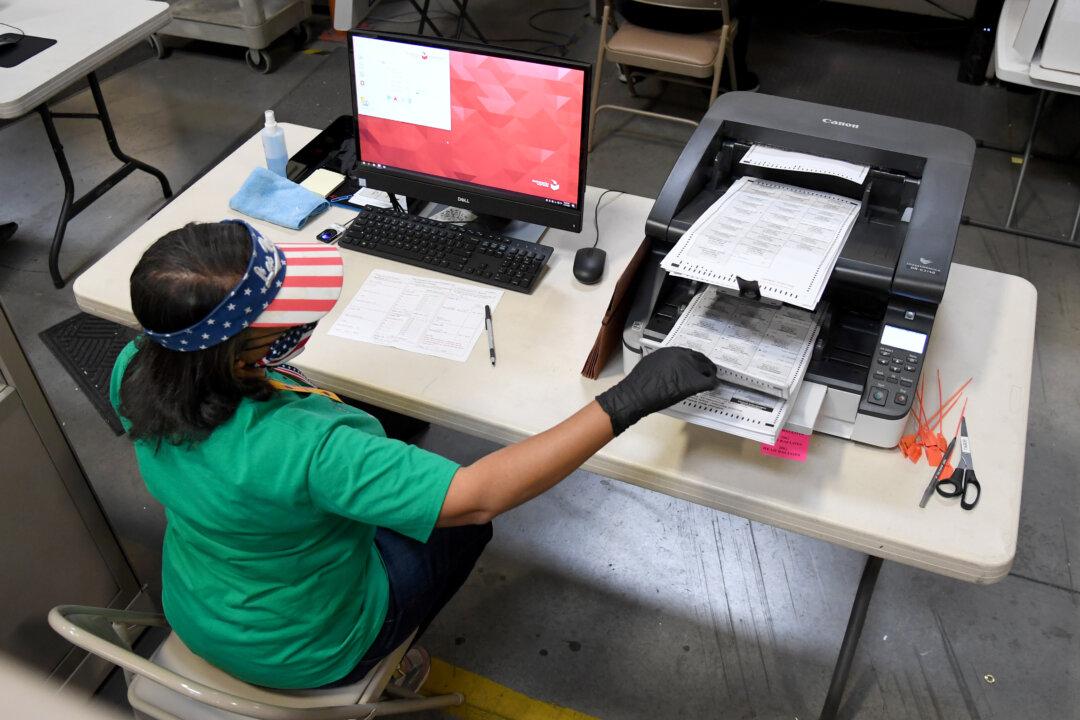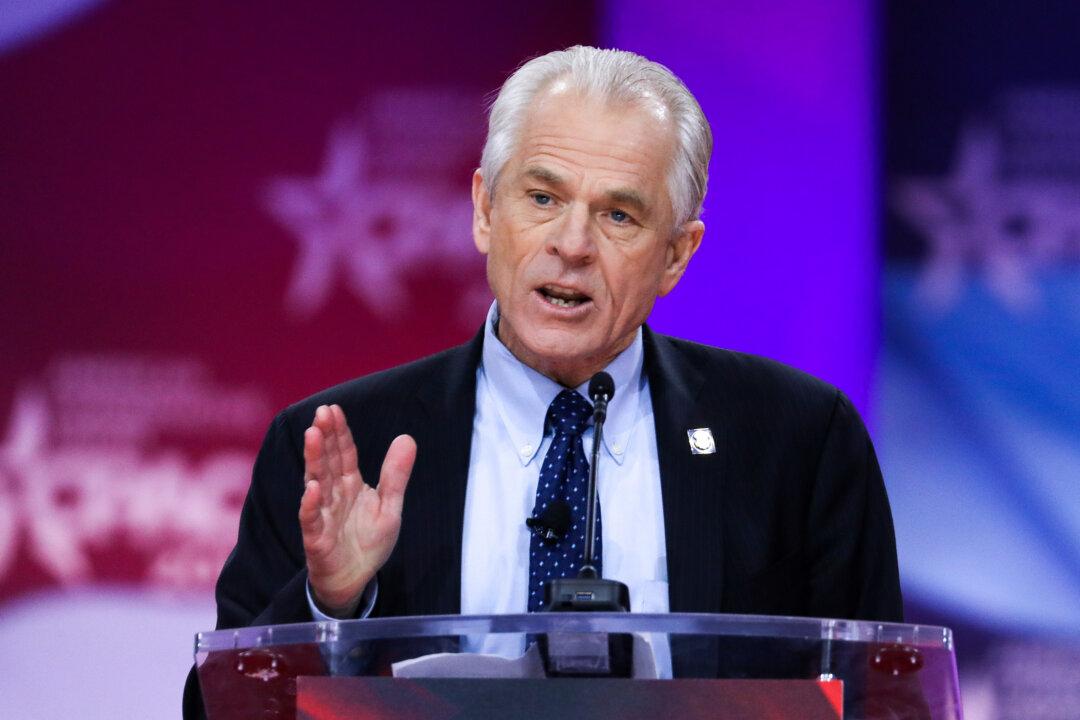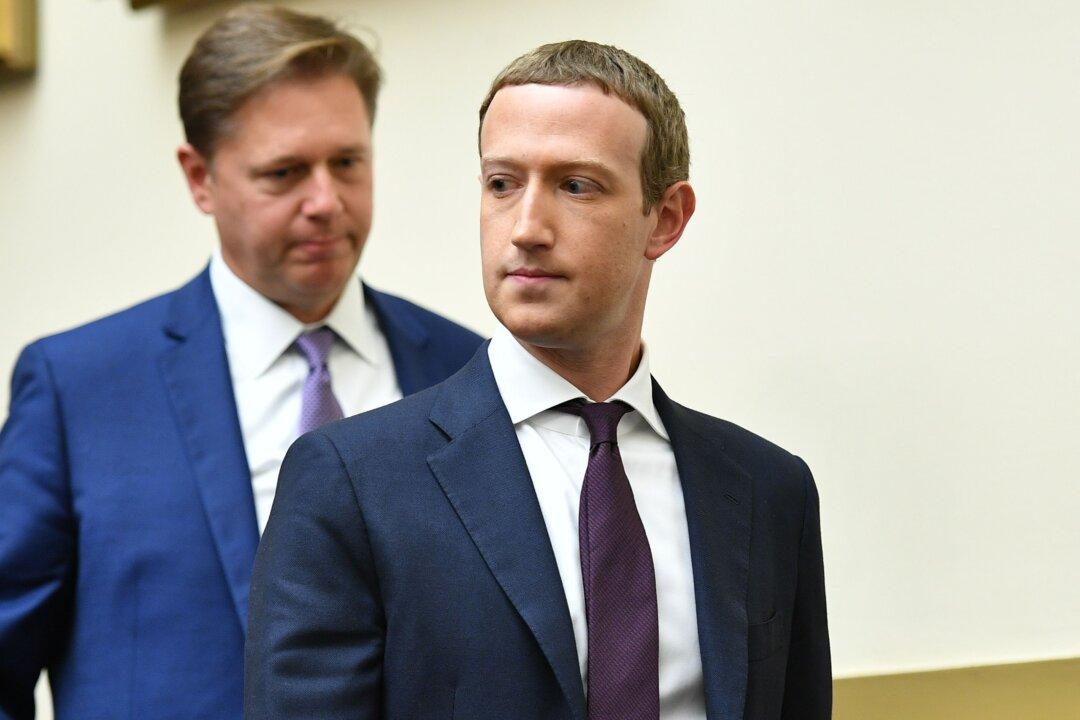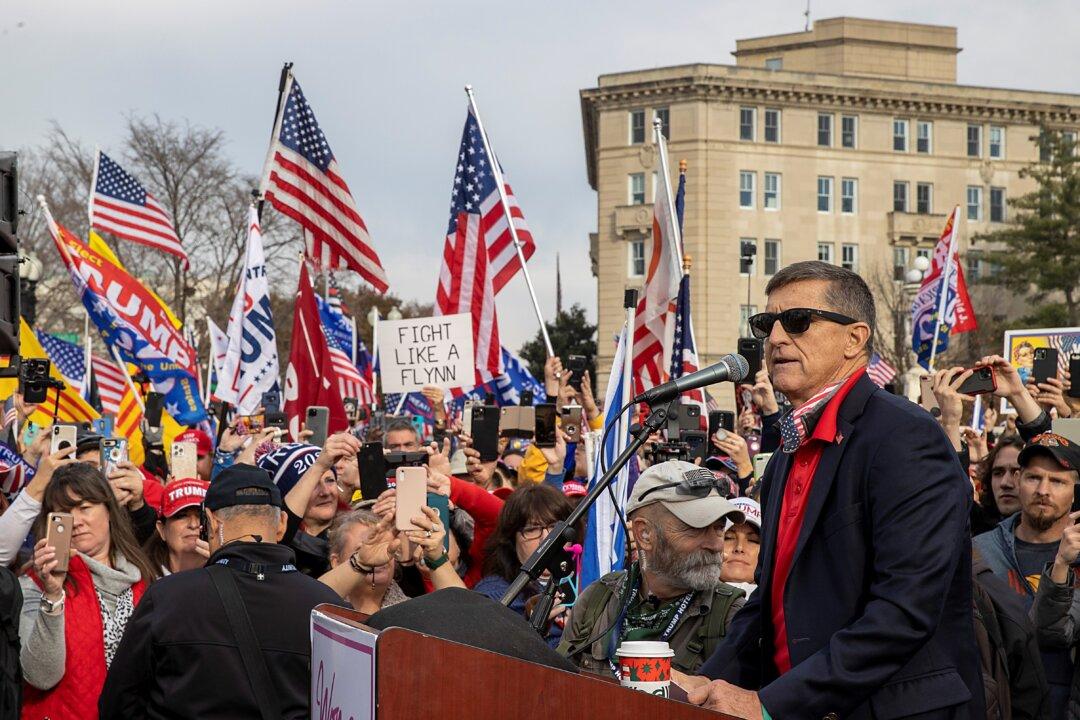Attorney General William Barr ordered federal prisons to resume capital punishment on July 25.
The order follows the completion of an Obama-era review of lethal injections, which postponed federal executions until its conclusion. Within the announcement made by the Justice Department, five inmates were listed as scheduled for execution.




